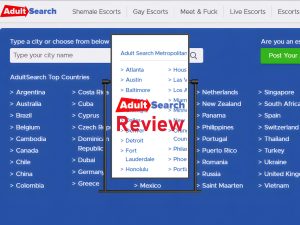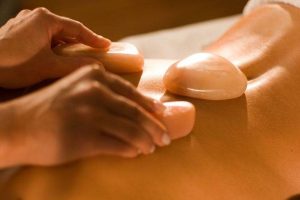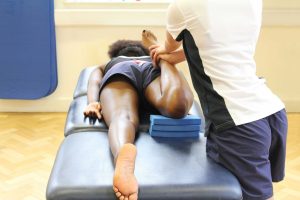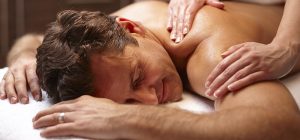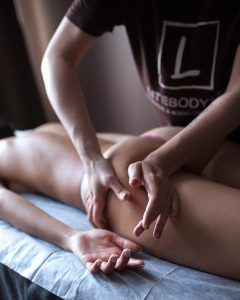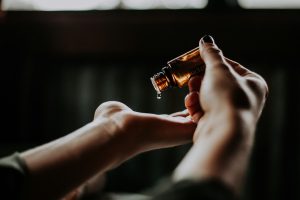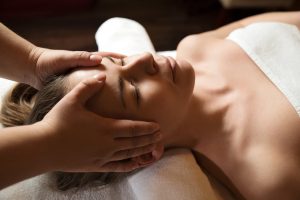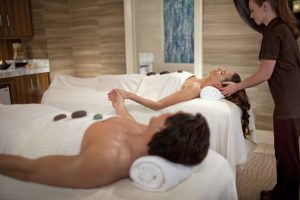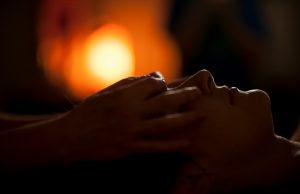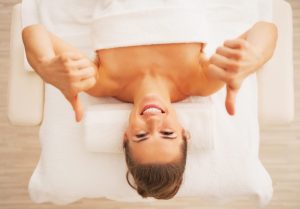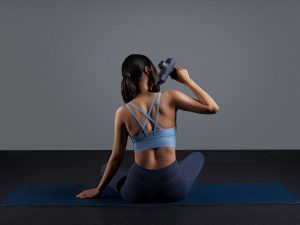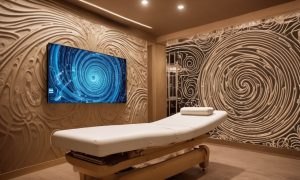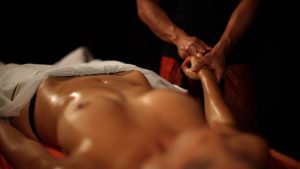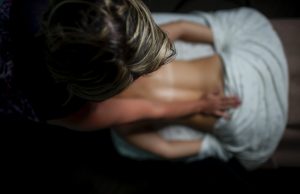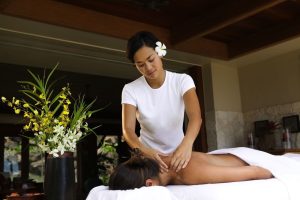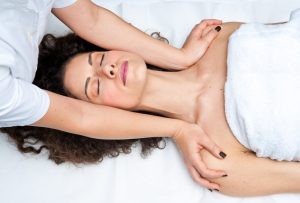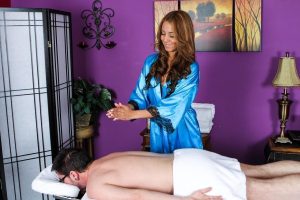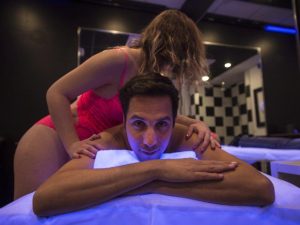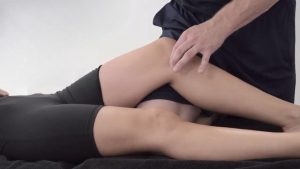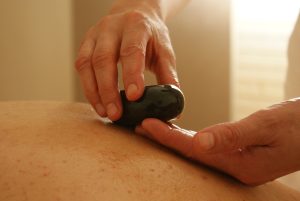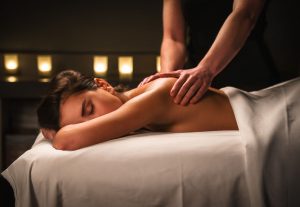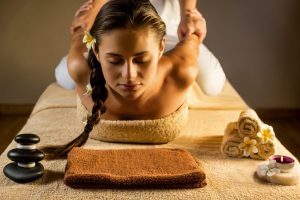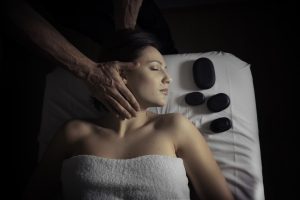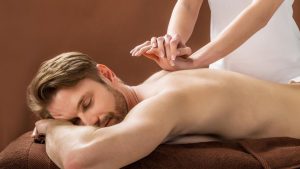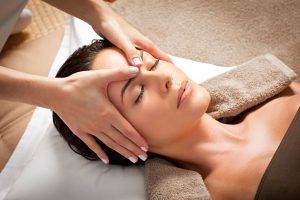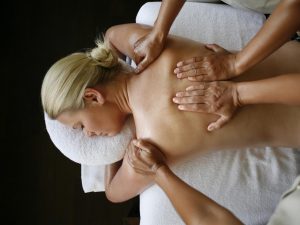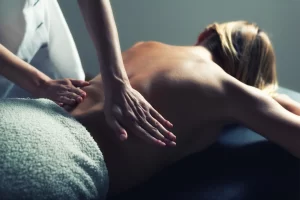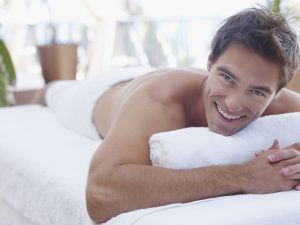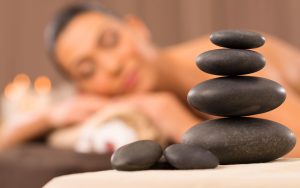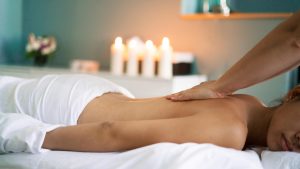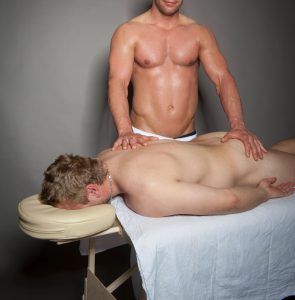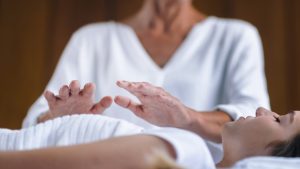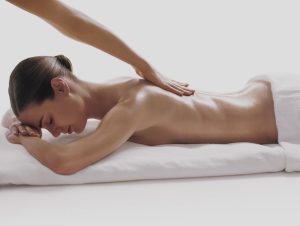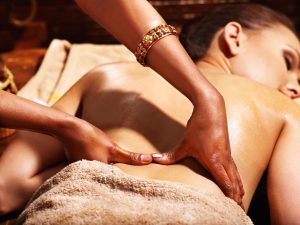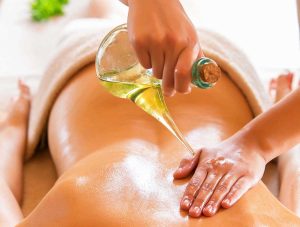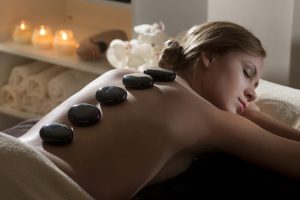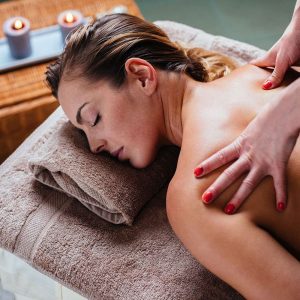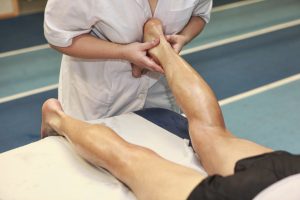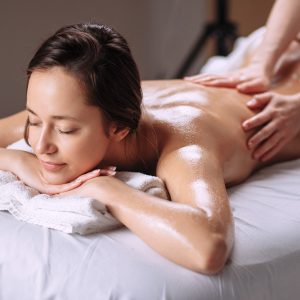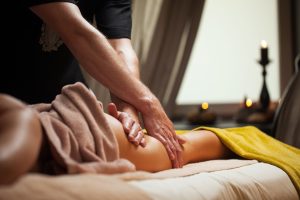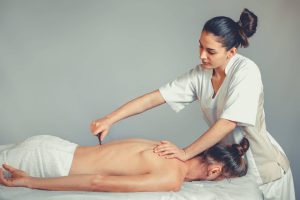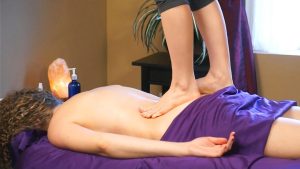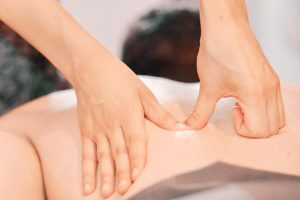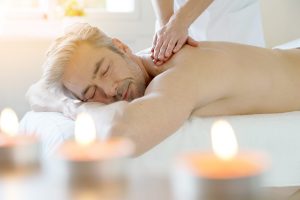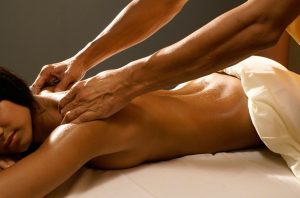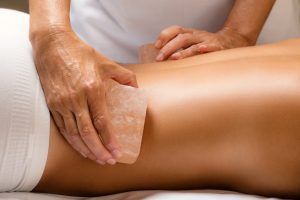In modern society, where issues of privacy and personal protection are becoming increasingly relevant, massage parlors find themselves under close scrutiny not only from clients but also law enforcement agencies. One way in which the police may seek to ensure safety and compliance with laws is by installing surveillance cameras in public places. In this article, we will explore the laws regulating the use of video surveillance in public spaces, the specifics of legislation related to massage parlors, and the issues regarding transparency and client rights in this context. Delving into the topic, let’s examine whether the police can install cameras in massage parlors in accordance with the law and how it impacts the rights and privacy of those who avail themselves of the services of these establishments.
Laws regulating video surveillance in public places:
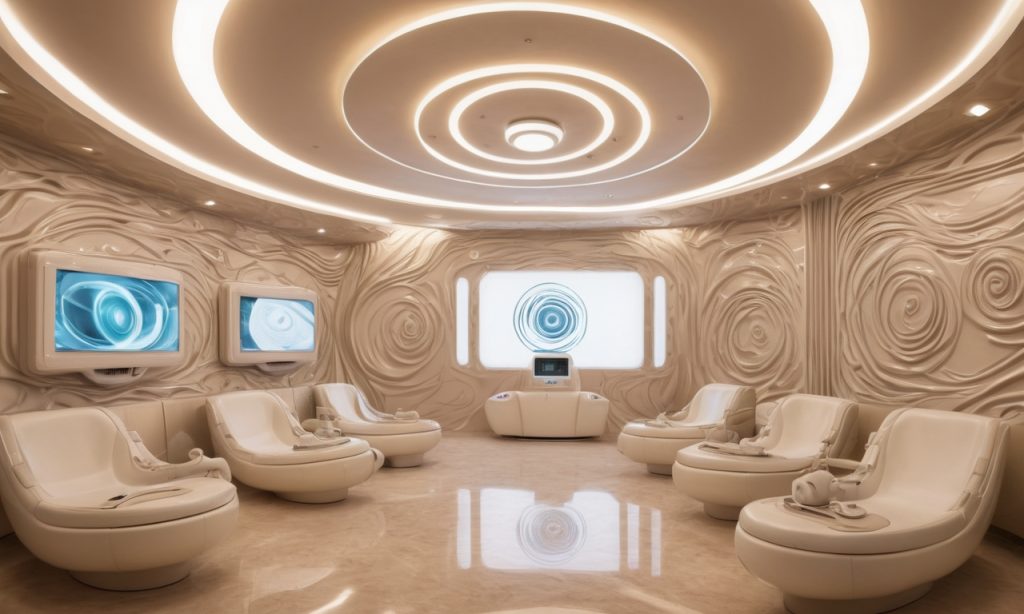

Overview of existing laws:
In contemporary society, the use of video surveillance in public places is governed by a set of laws and norms aimed at striking a balance between ensuring security and respecting the rights and freedoms of citizens. In most jurisdictions, laws are applied to establish the framework for the use of surveillance cameras and provide measures for controlling this process.
Requirements for video surveillance:
Laws regulating video surveillance typically set requirements for the placement of cameras, coverage areas, as well as the duration of record storage. Some regulations mandate informing individuals about the use of video cameras to ensure transparency and compliance with principles of privacy.
Variances in different jurisdictions:
It is important to note that laws on video surveillance may vary depending on the country or region. For instance, one jurisdiction may have stricter privacy requirements, while another may prioritize public safety. This aspect should be taken into account when examining laws and norms governing video surveillance in public places.
Citizen rights and transparency:
Laws related to video surveillance must respect citizens’ rights to privacy. In some cases, to ensure transparency and provide information about the existence of video surveillance, legislation requires notification as well as access to recordings for interested parties.
Massage parlors and legislation:
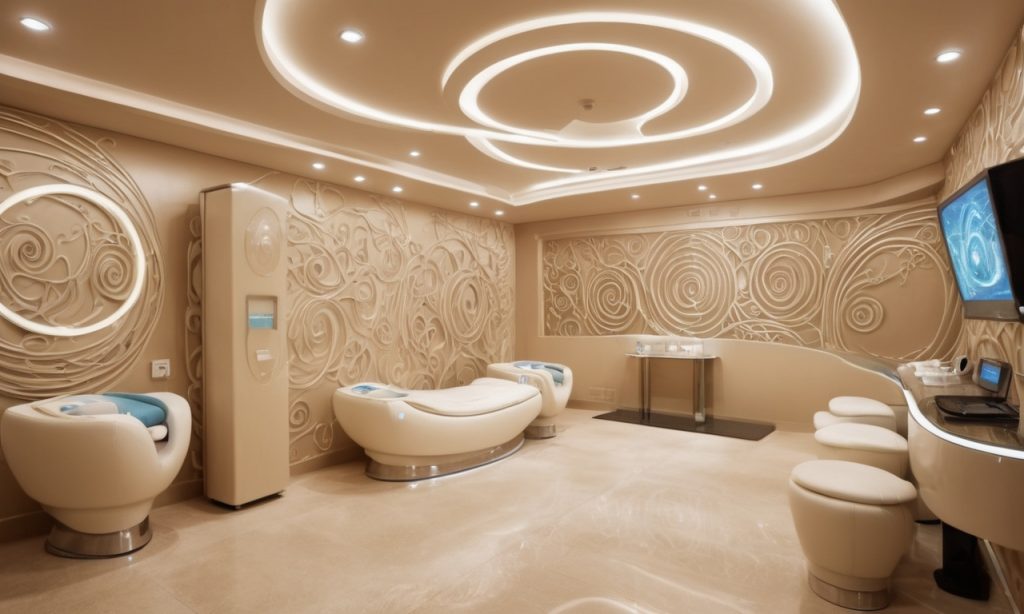

In contemporary society, massage parlors are becoming increasingly popular places for relaxation and physical well-being. However, alongside the growing interest in massage services, questions arise regarding legislation and the use of video surveillance in these establishments.
Overview of laws regulating massage parlors:
Massage parlors are subject to strict norms and standards established by legislation. Licensing, adherence to hygiene standards, and ensuring the safety of clients are just a few aspects regulated by relevant laws. They are aimed at ensuring quality services and a safe environment for visitors.
Features of video surveillance rules in massage parlors:
An important issue requiring attention is the use of video surveillance in massage parlors. Laws regulating this process must strike a balance between the need to ensure the safety of clients and respecting their rights to privacy. Requirements for transparency and protection of private areas play a crucial role in the development of these norms.
Salon obligations to comply with laws:
Massage parlors are responsible for strict compliance with laws related to video surveillance. From notifying clients of potential recording to ensuring data confidentiality, salons are obligated to adhere to standards to protect the rights of their visitors and maintain the trust of society.
Police actions and video surveillance:
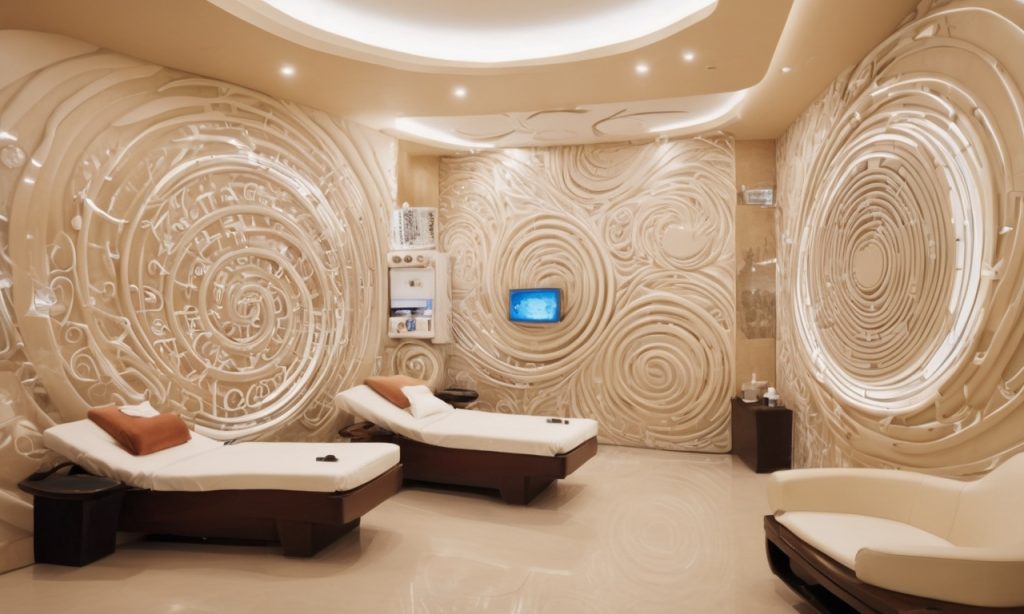

The question of police actions and video surveillance in massage parlors can be examined from various perspectives, depending on specific circumstances and the legislation of the country or region. In general, laws and policies vary, and they should be clarified in the local context. Here are several common aspects:
- Safety of clients and staff: Video surveillance is installed to ensure the safety of clients and staff in massage parlors. It is used to prevent unlawful behavior, maintain order, and investigate incidents.
- Compliance with laws and regulations: Like other establishments, massage parlors are required to comply with laws regarding privacy and the protection of personal data. Salon owners are obligated to inform clients about the presence of video surveillance and adhere to specific standards for the storage and use of recordings.
- Investigation of crimes: Police may request video surveillance records during the investigation of crimes or incidents in massage parlors. Collaboration with law enforcement agencies is required in accordance with the laws.
- Limitations and privacy: There are laws protecting the personal life and privacy of citizens. Therefore, video surveillance in massage parlors must adhere to established norms and not violate the personal rights of clients.
Questions and Answers:
What is the controversy surrounding the massage parlor surveillance case?
The controversy revolves around allegations of prostitution, human trafficking, and hidden cameras being used in massage parlors in Florida, particularly involving the New England Patriots owner Robert Kraft.
Why were surveillance cameras placed in massage parlors?
The police installed hidden surveillance cameras in the massage parlors to gather evidence for potential criminal activities such as prostitution and human trafficking.
What legal actions were taken to install cameras inside the massage parlors?
The installation of surveillance cameras inside the massage parlors was justified by obtaining a search warrant from the authorities, enabling law enforcement to maintain surveillance under the relevant laws, including the Patriot Act.
How was the involvement of the New England Patriots owner, Robert Kraft, related to the massage parlor investigation?
Robert Kraft was among the individuals implicated in the surveillance footage gathered from the massage rooms during the investigation, sparking media attention and legal scrutiny toward his potential involvement in prostitution.
What impact did the massage parlor surveillance case have on law enforcement agencies?
The case shed light on the actions of law enforcement agencies and prompted discussions regarding the ethics and legality of installing security cameras inside massage parlors, particularly about privacy and surveillance laws.
How to choose a suitable video surveillance system for a massage salon?
Consideration should be given to the size of the premises, lighting conditions, camera resolution, and recording storage capabilities when selecting a video surveillance system.
How does video surveillance contribute to improving service quality in massage parlors?
Monitoring staff performance through video surveillance allows for the enhancement of customer service quality.

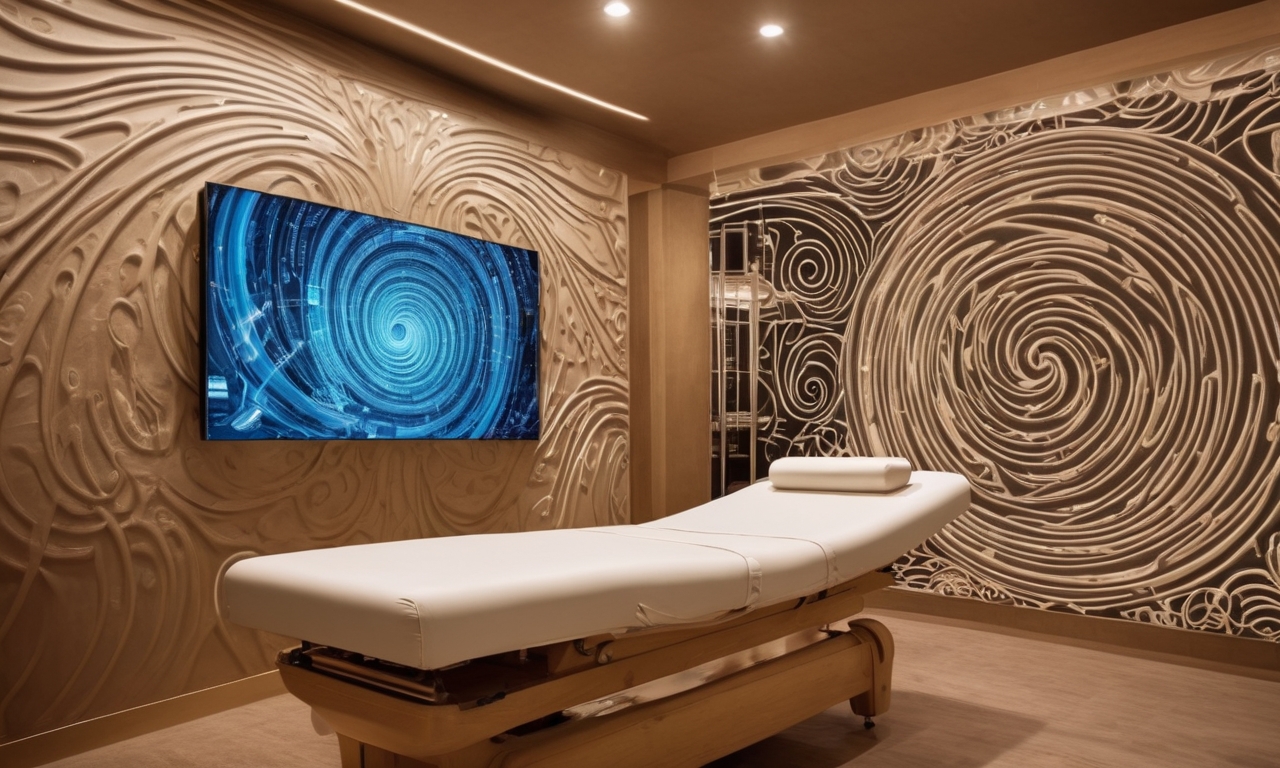


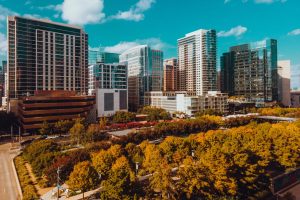


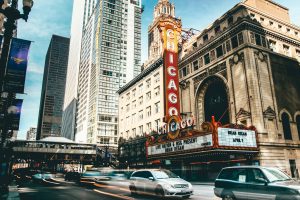


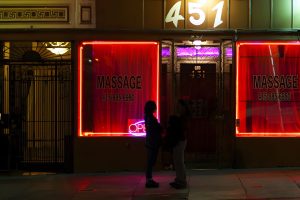

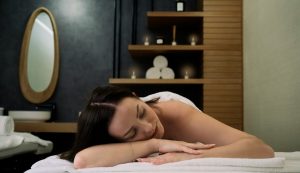
![11 Best Alternatives to Bedpage: Your Ultimate Guide [March 2024]](https://massage.dating/wp-content/uploads/2024/03/Best-Alternatives-to-Bedpage-300x200.jpg)





